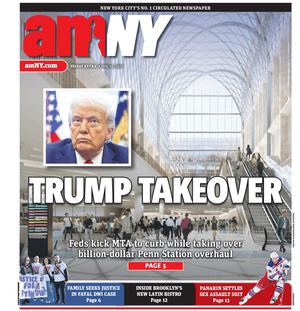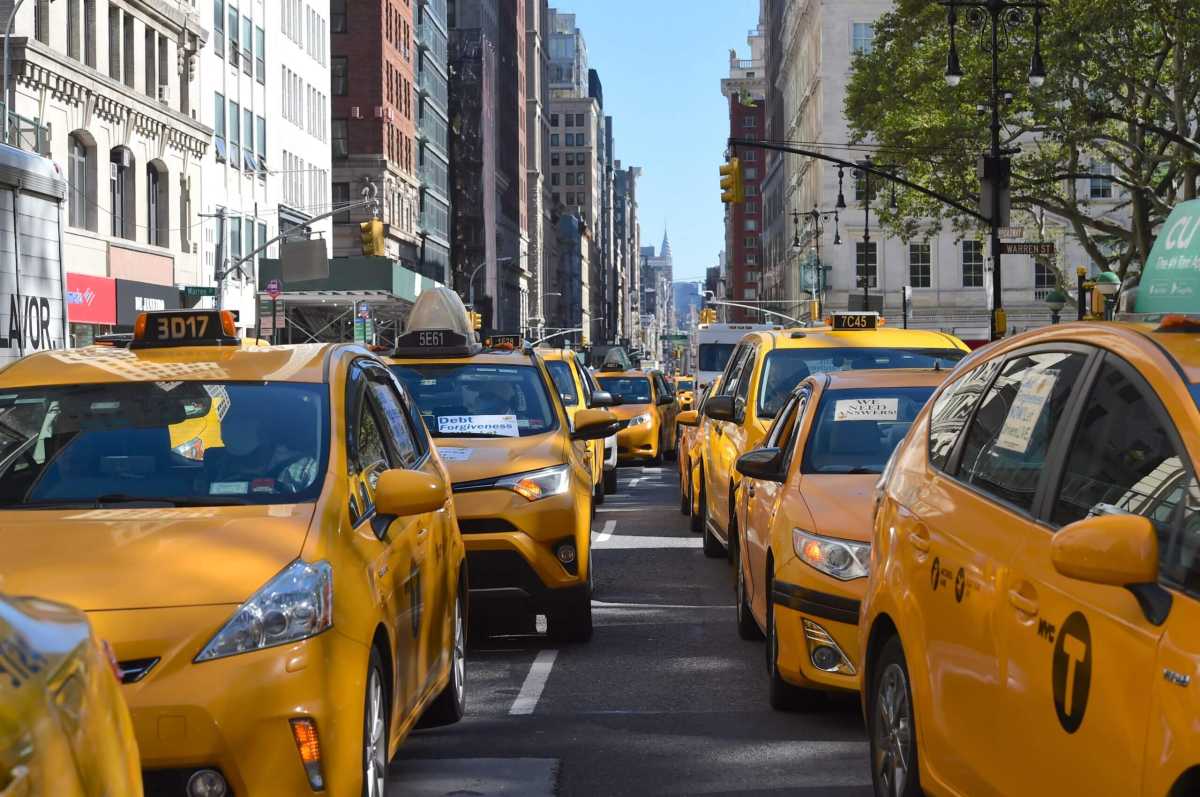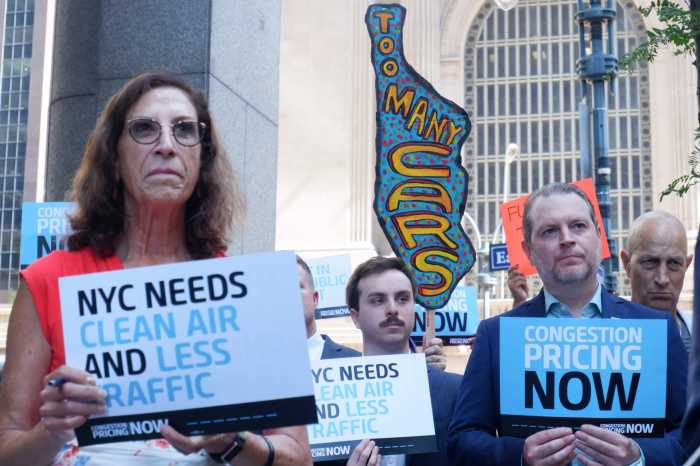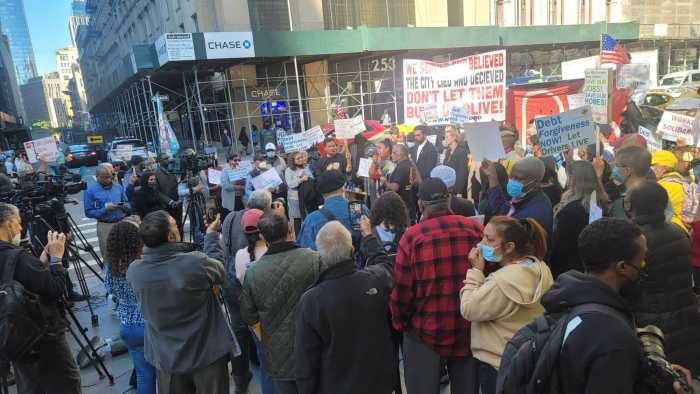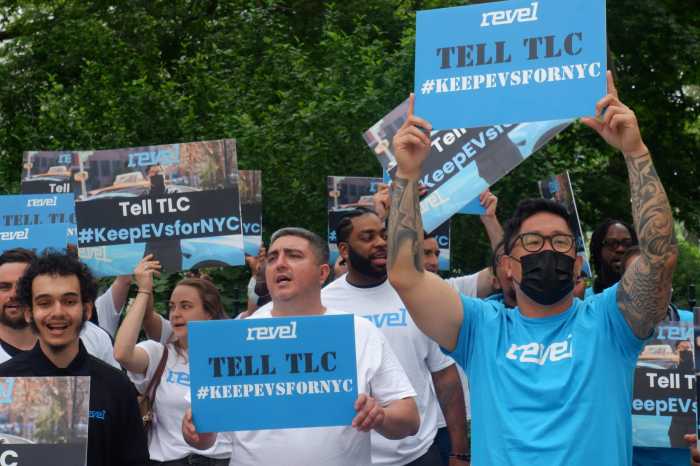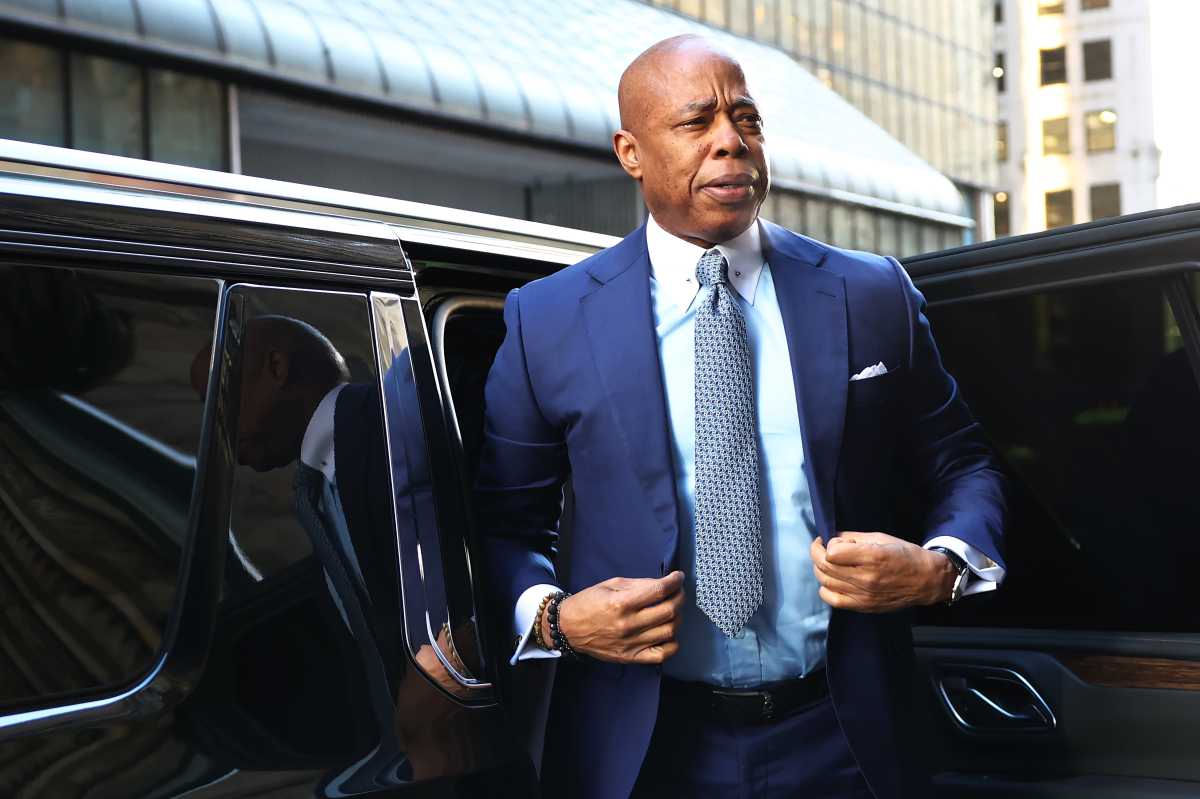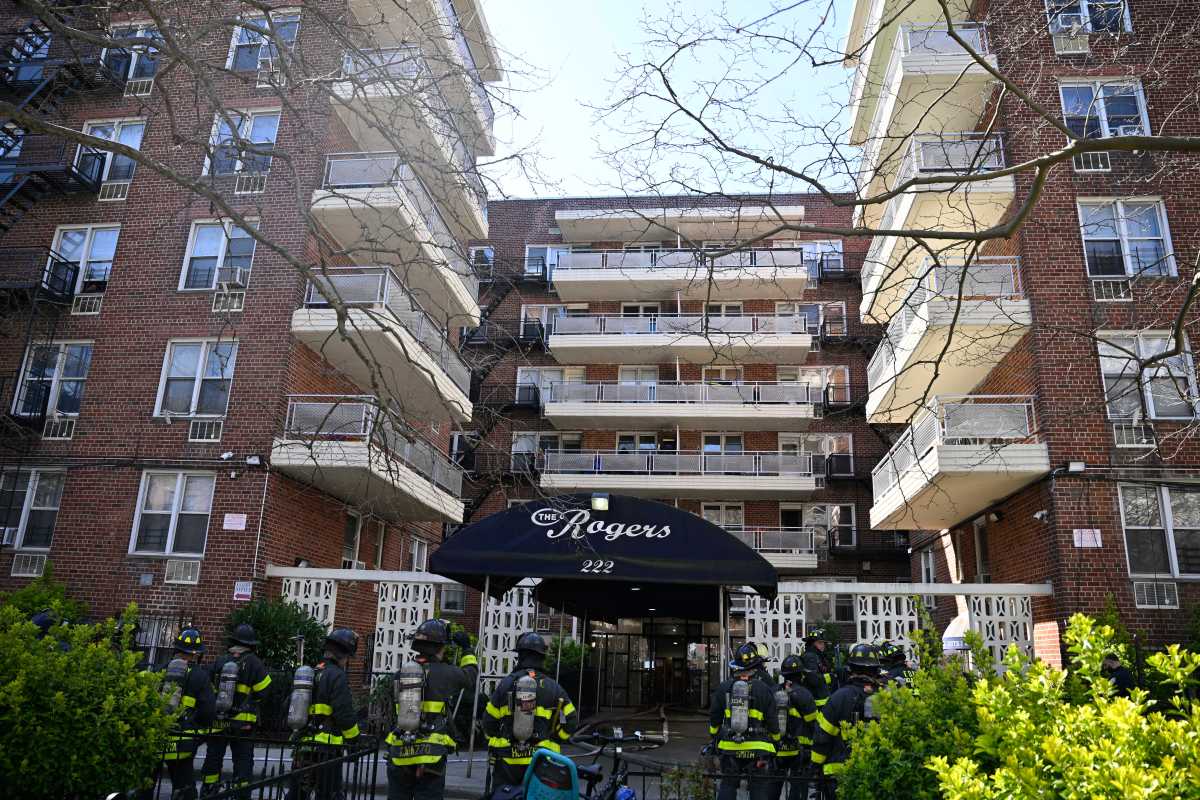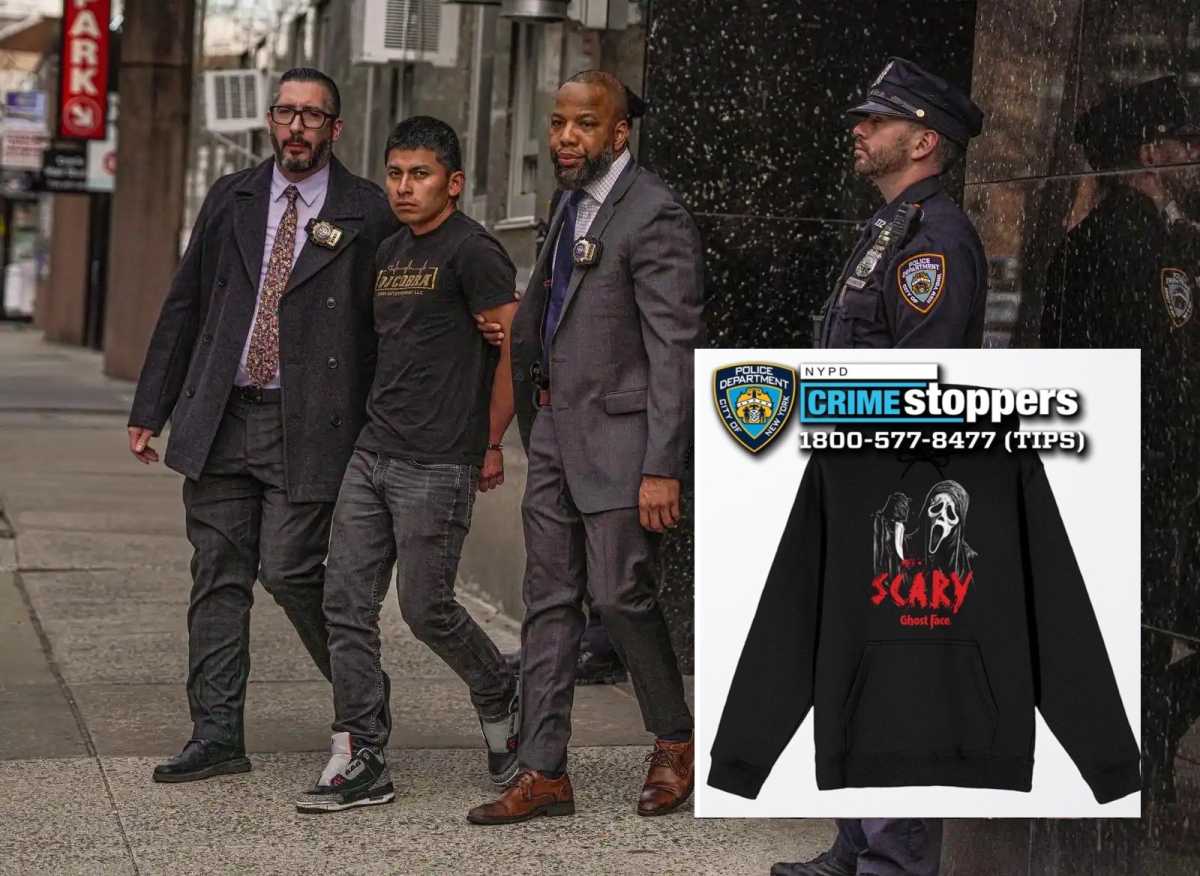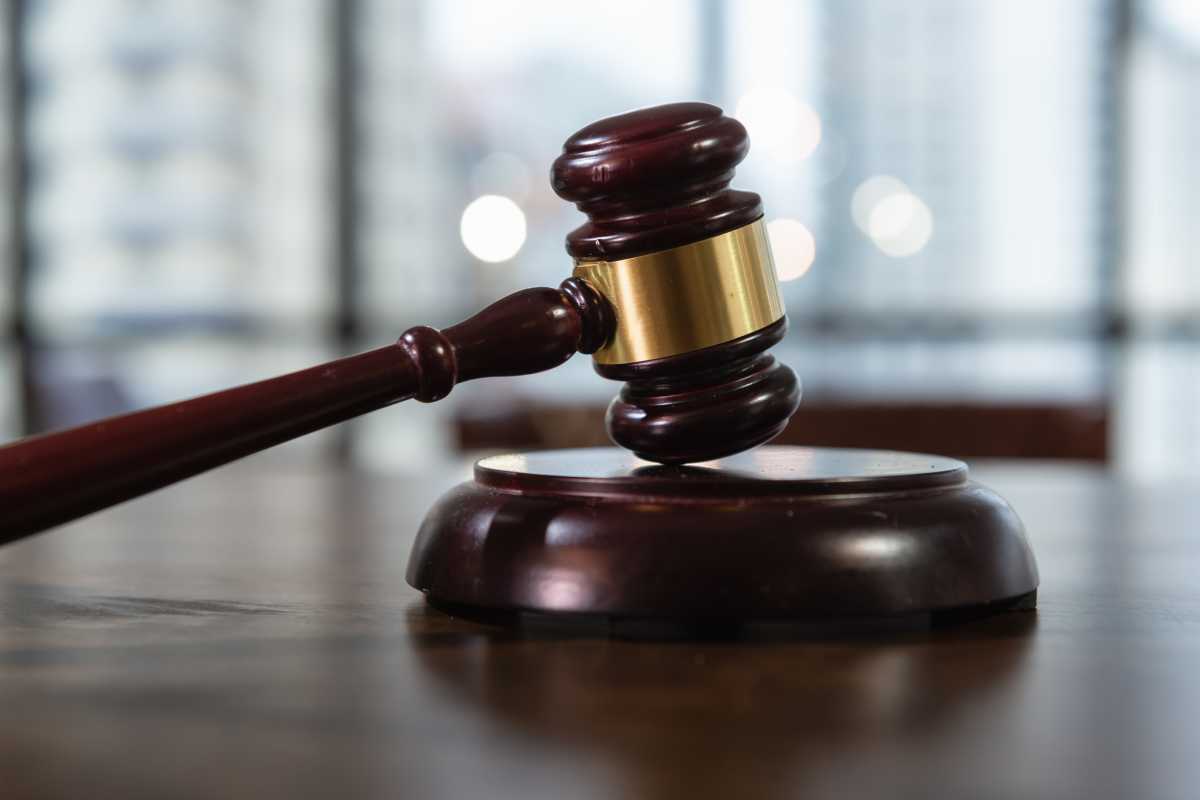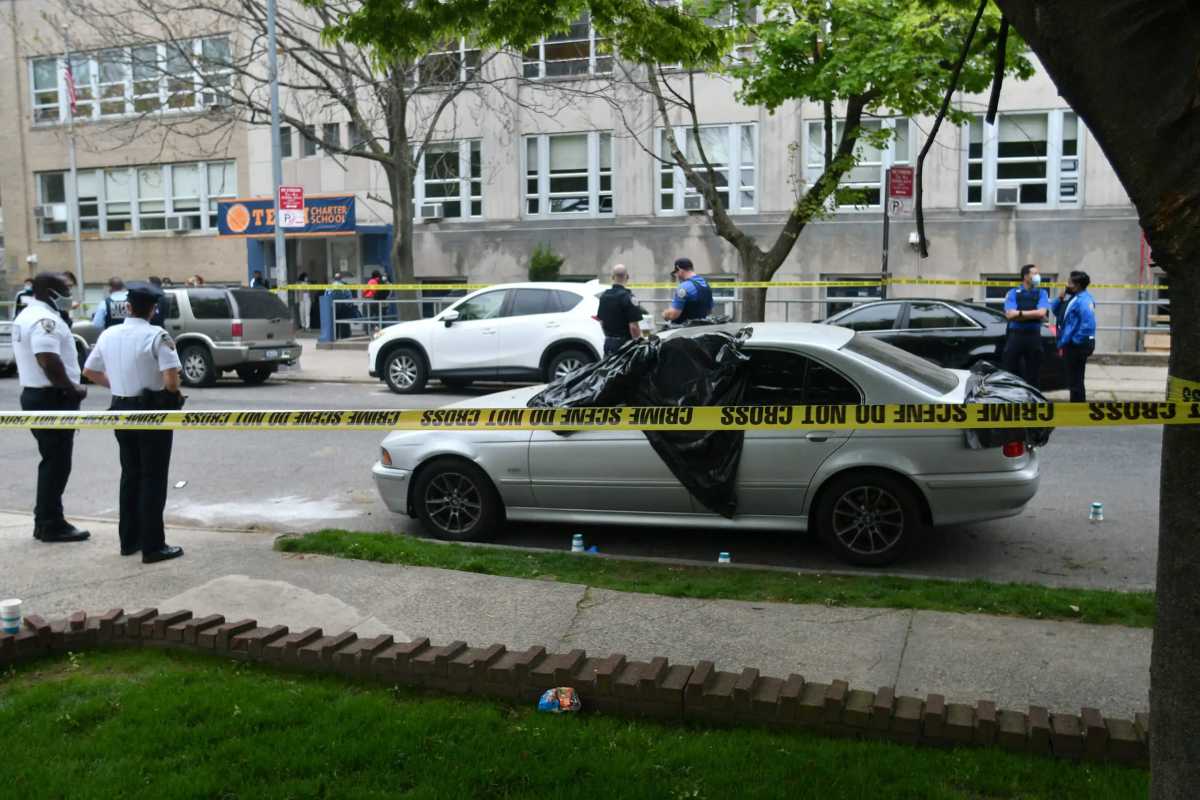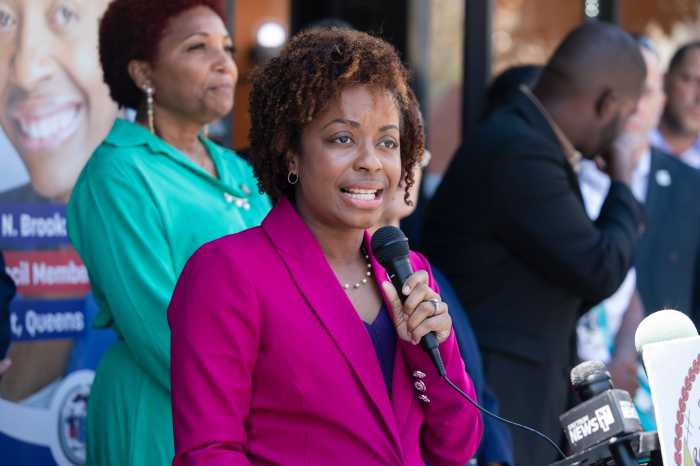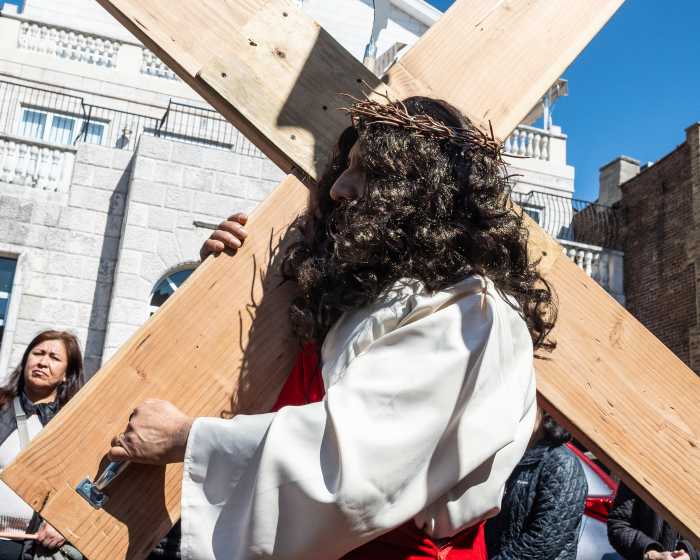The Taxi and Limousine Commission voted on Tuesday to approve an increase in taxicab fares, the first raise for the city’s cabbies in a decade.
Base fares for yellow and green cabs will increase from $2.50 to $3, with unit rates increasing from 50 to 70 cents. Rush hour and overnight surcharges will go to $2.50 and $1, respectively. Flat fares to Kennedy Airport will increase from $52 to $70, while LaGuardia runs will add a $5 surcharge.
App-based rideshare drivers for companies like Uber and Lyft, meanwhile, will get a 7% per-minute raise, while per-mile compensation will bump up by 24%.
“Raising taxi fare rates and minimum pay for high-volume drivers is the right thing to do for our city,” said TLC Commissioner David Do in a statement. “This is the first taxi fare increase in ten years, and these raises will help offset increased operating expenses and the cost of living for TLC-licensed drivers. We are confident that today’s unanimous Commission vote will keep our taxi and FHV fleets sustainable and ready to serve New Yorkers.”
The fare increase is expected to go into effect by the end of the year, a TLC spokesperson said. The commission expects overall cab fares to jump by about 23% on average, while driver and medallion revenues will each increase by about a third.
Taxi trips and the number of drivers on the road had been on a steady decline before the pandemic, and like the subway and buses, their numbers have not fully recovered in the past two years like those in private cars. Individual taxis are on the road fewer hours per month and fewer hours per day, even as demand appears to remain high. And inflation hasn’t spared the industry, either: vehicles, maintenance, gas and other expenses have seen sharp rises in the past year.
“I am driving for 17 years. This is my only second raise in these years,” said yellow cab driver Richard Chow in a statement. “The increase will be manageable for the public I believe, but for the drivers, it will help us manage our life and our health. We need to pay for our food and for gasoline, and also our children’s future and our own retirement. I am very proud of our union that we came together and we made sure all the drivers were protected, yellow cab and Uber drivers, because we are one drivers and one union.”
The Taxi Workers Alliance union applauded the raise but says it is still seeking further raises so that cab drivers can take home an effective pay of $25 per hour. Unlike Uber and Lyft drivers, yellow cab operators do not have a minimum wage.
“After a year of all drivers having to choose between food and fuel, and a decade of not just stagnation but loss for yellow cab drivers in particular, we’re relieved to see the raise be voted on,” said NYTWA executive director Bhairavi Desai. “We fought hard for it, and driver unity delivered for all drivers across the industry. The work still remains to get driver income to $25 per hour after expenses.”
Also cheering the deal was the Independent Drivers Guild, a union funded partially by Uber that represents thousands of rideshare drivers.
“Gas prices and expenses have soared the last two years, and rideshare drivers are struggling to make ends meet,” said IDG president Brendan Sexton. “This increase to the minimum pay is critical and an important step to protect the 80,000 rideshare drivers who keep our city moving. We want to thank the Taxi and Limousine Commission staff, Commissioner Do and the Adams Administration for listening to drivers and taking action.”
Hailing a for-hire car in New York has changed drastically since cabbies’ last raise in 2012, as Uber and Lyft have flooded the market and brought hard times to the operators of the city’s iconic yellow taxis.
The issue was metastasized by the city and lenders purposely pumping up the price of medallions in the years leading up to Uber’s cornering the market, causing many cabbies to lose their life savings on a now comparatively worthless asset when it crashed, and pile on mountains of debt. Many cabbies have committed suicide amidst the turmoil.
After rejecting a proposed settlement fund by the city, numerous taxi drivers embarked on a hunger strike outside City Hall demanding a better deal to discharge their debt, ultimately winning a better deal. In September, the TLC approved a deal with the largest holder of medallion loans to wipe out over $200 million of cabbie debt.
